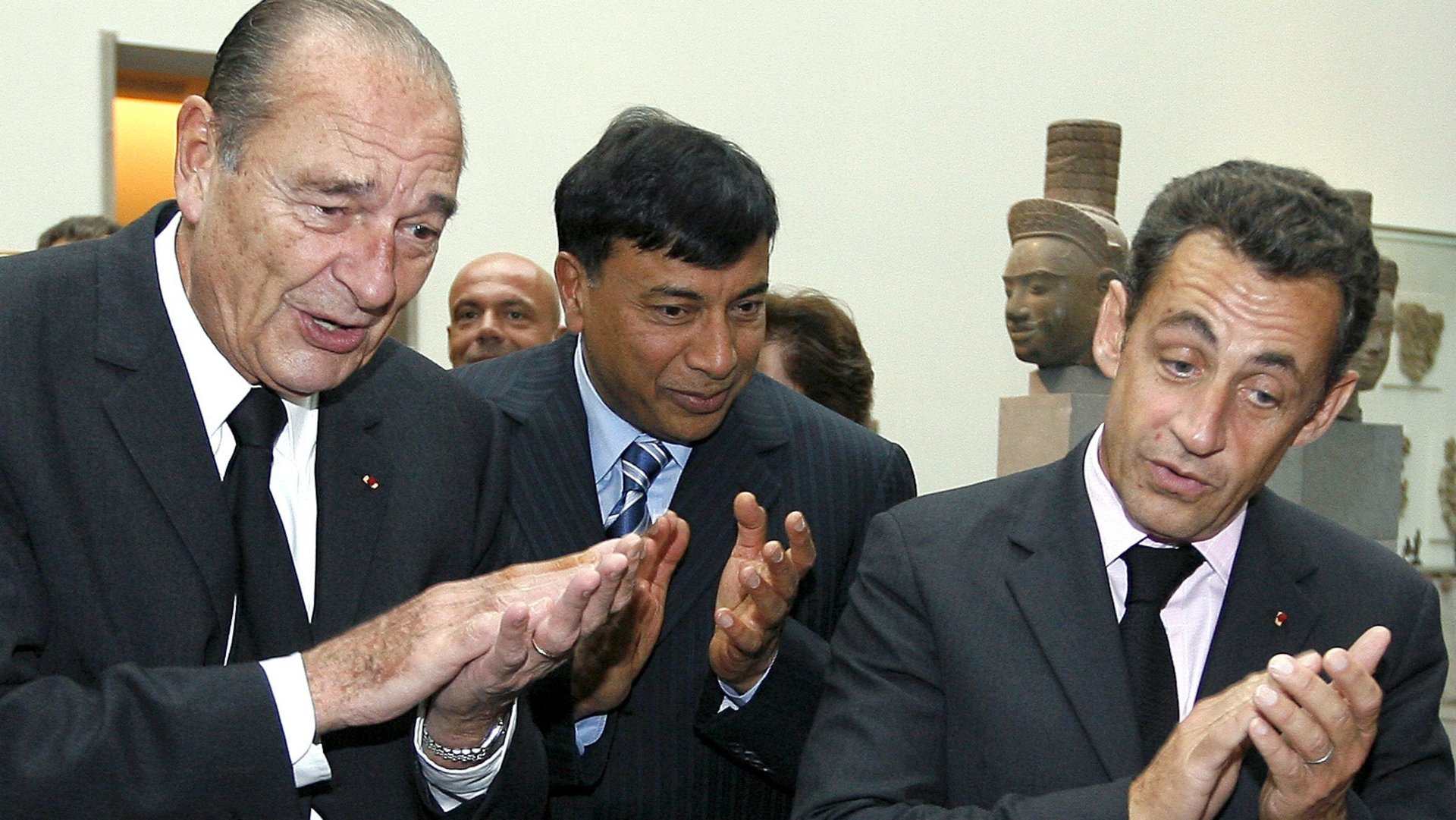France still hasn’t figured business out. Exhibit A: Hollande vs. ArcelorMittal
Today’s Financial Times headline—“Hollande Threatens Nationalisation if Mittal Fails to Guarantee French Jobs”—would make a modern Rip Van Winkle think he’s awakened right back in Europe of the 1980s.


Today’s Financial Times headline—“Hollande Threatens Nationalisation if Mittal Fails to Guarantee French Jobs”—would make a modern Rip Van Winkle think he’s awakened right back in Europe of the 1980s.
France’s president yesterday called the Indian industrialist Lakshmi Mittal on the beautiful carpet of Paris’s Elysee Palace to waylay Mittal’s plans to shutter two large blast furnaces in eastern France, with the loss of about 600 jobs. There is a global gut of steelmaking capacity and more is coming online; Mittal is trying to shrink its way back to profitability and out of a bubble-era capital structure that features $23 billion in net debt.
In India, more or less at the same time as Hollande was telling Mr. Mittal how things are working in France, London mayor and Tory prime minister-wannabe Boris Johnson—never one to miss a PR opportunity—invited fretful Euro-investing Indian tycoons to flee France and set up shop in his Thatcher-tinted British capital. “The sans-cullottes appear to have captured the government in Paris,” remarked the Eton-educated journalist-turned-politician to the Federation of Indian Chambers of Commerce and Industry in New Delhi. “Venez a Londres, mes amis.”
We have seen this before. Thirty years ago, the French government of Francois Mitterrand was busy nationalizing as the British sold off state-owned assets. As a result, Britain boomed in the 1980s, while French public spending grew to reach almost 57% of national output—the highest rate for a large Euro-economy. Today, the French government is pushing top-rate taxes to a 75% rate and talking new nationalization in an effort to save jobs, while such British leaders as Johnson are on investment-promotion tours to tout free markets and London as a laissez-faire home to the entrepreneurial spirit.
How will this end, this time around? A Saturday deadline looms to find a buyer for the aging ArcelorMittal blast furnaces in Florange (which haven’t operated for a year). Likely there will be some face-saving compromise to maintain some jobs in eastern France while ArcelorMittal embarks on a less-aggressive restructuring plan. But in the meantime, France will cope with the spectacle of the French President having to carpet a global industrialist because he is trying to restructure his company.
Savvy Americanophile French bureaucrats point out that regardless of the fireworks, what Paris is proposing is no different from the Obama administration’s bailout of General Motors a few years ago.
But there is a key difference. The American bailout was specifically categorized as a temporary mechanism using equity, instead of the judicial approach of a court-supervised bankruptcy, to provide runway for GM’s restructuring. Regardless of the fact that taxpayers still own a chunk of GM, few Americans believe the government wants to hold that equity as a signal of “industrial policy.”
France is different. Should the French government wind up nationalizing those ArcelorMittal mills to save jobs, it seems likely to own those mills for a long, long time. Partly that’s because there are few obvious buyers. But it’s also because successive French governments have no track record of making those interventions temporary. (Sometimes, France’s traditions can be charming. After all, as the Wall Street Journal recently pointed out, France’s military still operates a 150-strong contingent of carrier pigeons, the last of its kind in Europe.)
Despite protestations, the recent headlines from Paris are a reminder that there are cliffs on both sides of the Atlantic. Politicians have a way of finding them, but should be mindful not to fall over them.